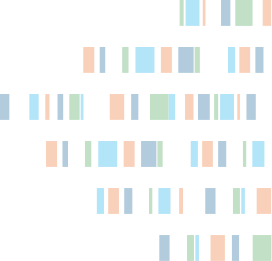Author summary Mycobacterium leprae, which causes leprosy in humans, also infects nine-banded armadillos, red squirrels, and nonhuman primates. Genomic data for M. leprae strains from wild armadillos and red squirrels show that humans were responsible for the original introduction of M. leprae to these species. It is not known whether naturally occurring leprosy among nonhuman primates is due to incidental infections from humans or whether nonhuman primates can serve as a host for M. leprae. To this end, we sequenced complete genomes of M. leprae strains from three naturally infected nonhuman primates. Our results suggest that M. leprae strains can be transmitted from humans to nonhuman primates as well as between nonhuman primate species, and thus, other primates might serve as a host for M. leprae in the wild. We also assessed whether wild ring-tailed lemurs from Madagascar and chimpanzees from Uganda showed presence of M. leprae infection. Although these populations tested negative for M. leprae infection, further research on the prevalence of M. leprae in other wild nonhuman primate populations, especially in leprosy-endemic regions, is warranted.

Home » Mycobacterium leprae genomes from naturally infected nonhuman primates
Publications
Mycobacterium leprae genomes from naturally infected nonhuman primates
myBaits
Daicel Arbor Biosciences
5840 Interface Dr. Suite 101,
Ann Arbor, MI 48103
1.734.998.0751Ann Arbor, MI 48103
©2025 Biodiscovery LLC
(d/b/a Daicel Arbor Biosciences)
All Rights Reserved.
(d/b/a Daicel Arbor Biosciences)
All Rights Reserved.

 Bluesky
Bluesky